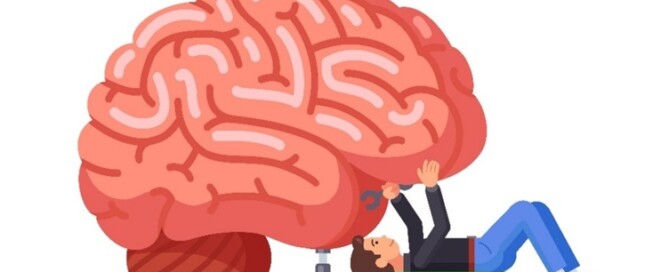Trauma And Grief In Scam Victims – What Is The Difference Between Them – 2024
What Is The Difference Between Trauma And Grief?
Helping Scam Victims Understand the Importance of Trauma and How to Prioritize It
Authors:
• Vianey Gonzalez B.Sc(Psych) – Psychologist, Certified Deception Professional, Psychology Advisory Panel & Director of the Society of Citizens Against Relationship Scams Inc.
• Tim McGuinness, Ph.D. – Anthropologist, Scientist, Director of the Society of Citizens Against Relationship Scams Inc.
About This Article
This article’s discussion sheds light on the intricate nature of trauma, emphasizing its dual impact as both a psychological and physical injury. Trauma disrupts normal brain functioning, leading to cognitive, emotional, and memory disturbances, while also causing changes in brain structure and chemistry.
This psychological toll manifests in symptoms like hypervigilance and mood disturbances. Moreover, trauma elicits physical responses such as headaches and muscle tension, stemming from the body’s stress response mechanisms. Recognizing trauma’s multifaceted nature underscores the importance of holistic approaches to healing and recovery, addressing both psychological and physical aspects to promote comprehensive well-being.








































